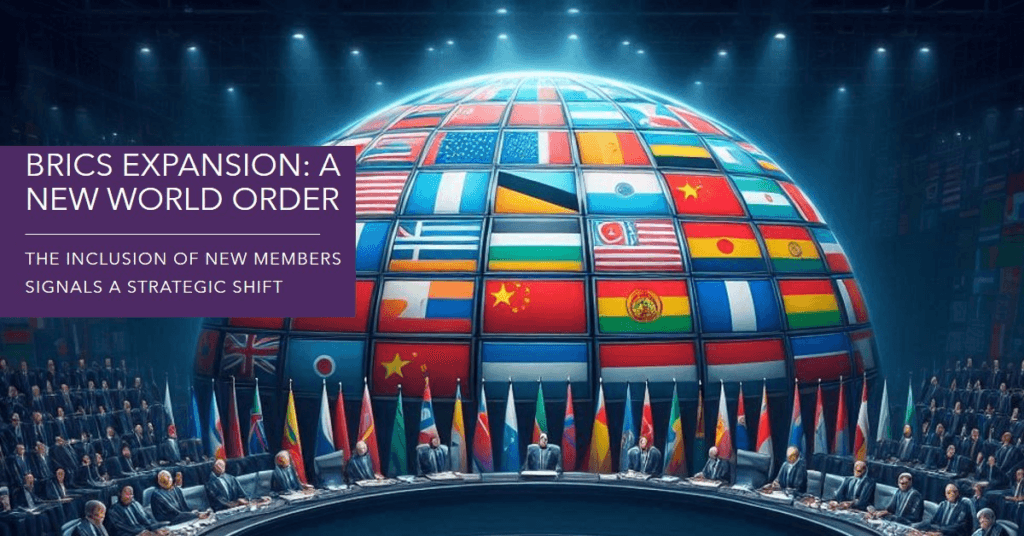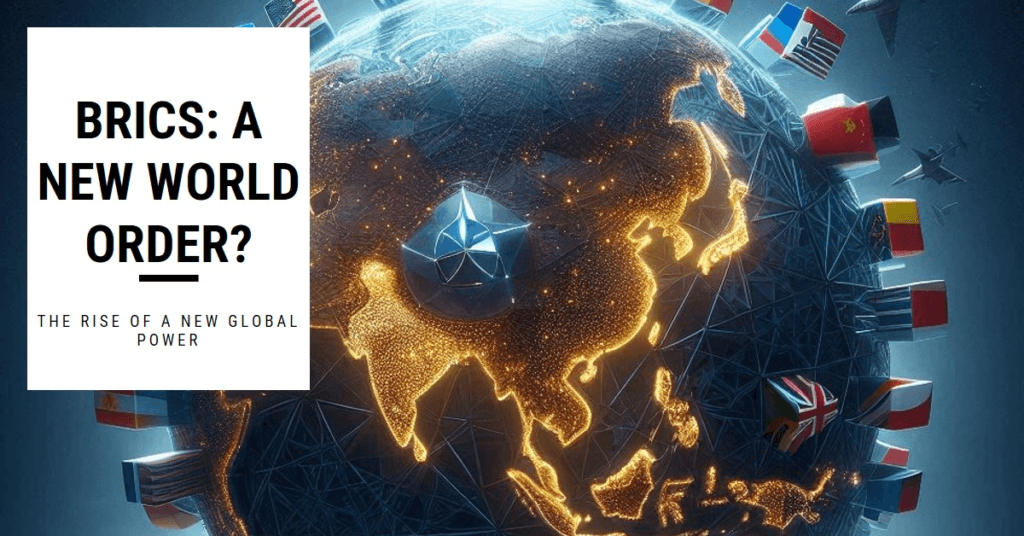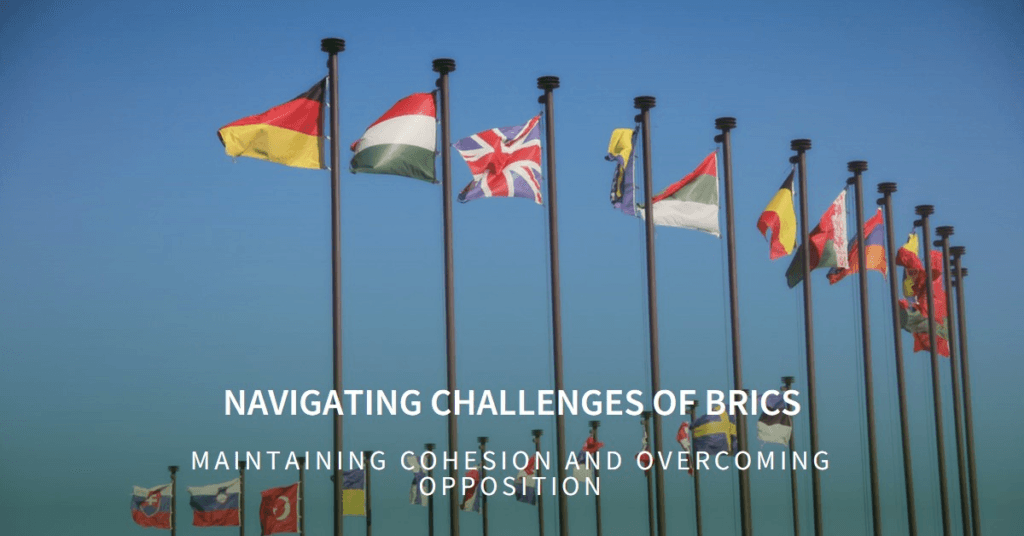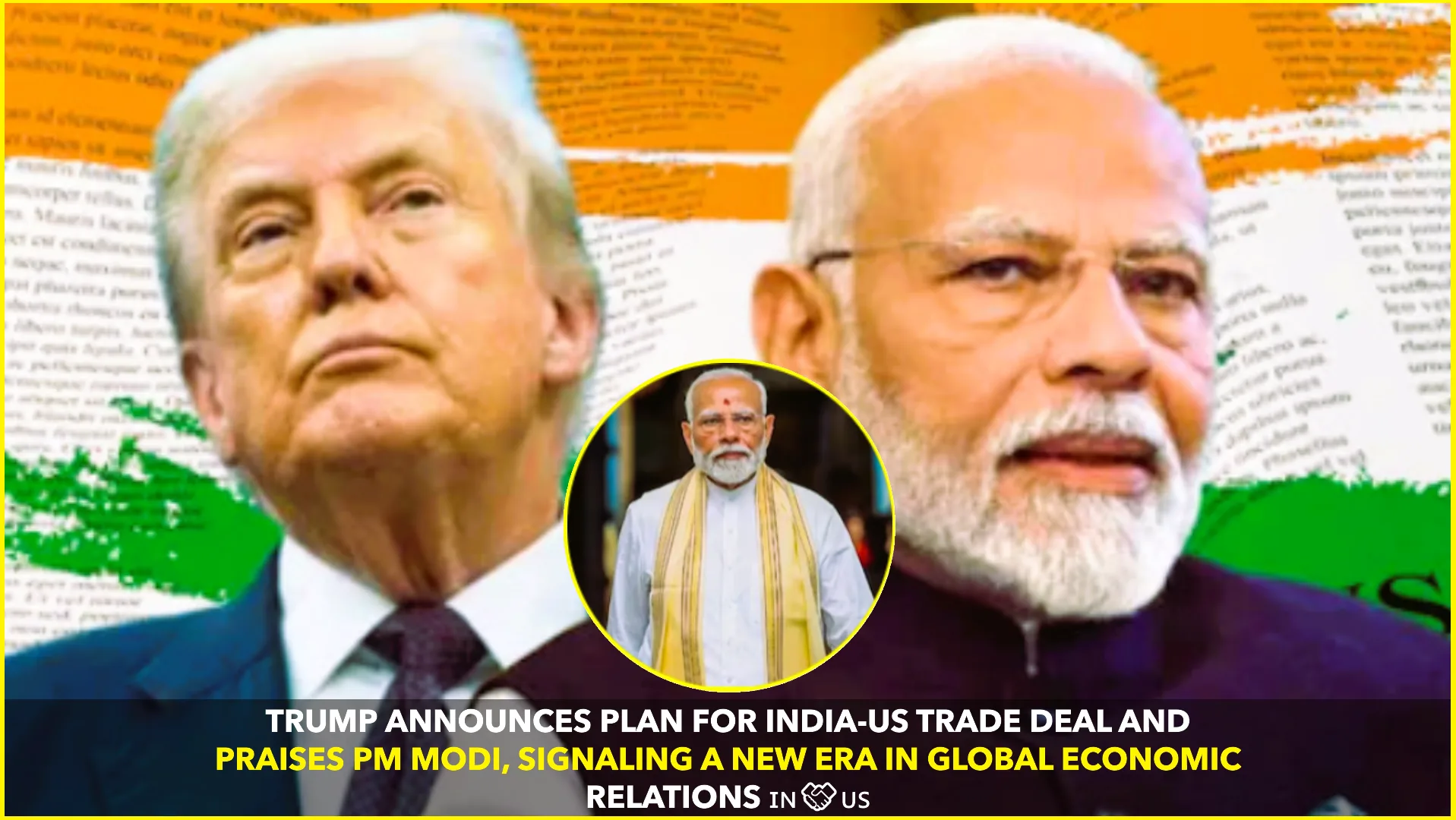The BRICS group—comprised of Brazil, Russia, India, China, and South Africa—has long been viewed as a significant coalition of emerging economies with the potential to reshape the global economic and political landscape. Recently, the group has announced plans to expand, inviting several other countries to join its ranks. This BRICS expansion marks a pivotal moment in international relations, with profound implications for global geopolitics, economics, and the balance of power.
The Significance of BRICS Expansion

The inclusion of new members into the BRICS group signals a strategic shift that could redefine global alliances and economic power structures. Originally founded in 2006, BRICS was envisioned as a counterbalance to the influence of Western-dominated institutions like the International Monetary Fund (IMF) and the World Bank. The BRICS expansion is a clear indication of its growing ambition to influence global governance and create a multipolar world order.
Geopolitical Implications
- Strengthening South-South Cooperation: The expansion of BRICS is likely to strengthen South-South cooperation, promoting collaboration among developing and emerging economies. This coalition could offer an alternative to the traditional North-South paradigm, where developed nations have historically held more power. By uniting a larger group of countries with diverse economic and political interests, BRICS could challenge the dominance of Western-led alliances and organizations.
- Shifting Global Alliances: The inclusion of new countries in BRICS could lead to a realignment of global alliances. As the group’s influence grows, countries that are not part of traditional Western alliances may gravitate towards BRICS as a platform for political and economic cooperation. This shift could create new geopolitical blocs, potentially leading to increased competition and tension between BRICS and Western powers.
- Impact on Global Governance: The expansion of BRICS could have significant implications for global governance. As the group gains more members, it may push for reforms in international institutions like the United Nations, the IMF, and the World Bank to better reflect the interests of developing and emerging economies. This could lead to a more balanced distribution of power in global decision-making processes.
Economic Implications
- Increased Economic Clout: The expansion of BRICS is set to enhance the group’s economic clout. By bringing together more countries with significant economic potential, BRICS could become a more formidable force in the global economy. This increased economic influence could give the group greater leverage in trade negotiations, investment decisions, and setting global economic policies.
- Diversification of Global Trade: With the inclusion of new members, BRICS could facilitate the diversification of global trade. The group’s expansion could lead to the development of new trade routes, partnerships, and agreements that bypass traditional Western-dominated trade networks. This diversification could reduce the dependency of BRICS countries on Western markets and foster greater economic independence.
- Currency and Financial Collaboration: One of the long-term goals of BRICS has been to reduce reliance on the US dollar in international trade. The expansion of the group could accelerate efforts to establish alternative currencies or financial systems for global transactions. This could potentially weaken the dominance of the US dollar and reduce the influence of Western financial institutions on global markets.
The Balance of Power

The expansion of BRICS has the potential to significantly alter the global balance of power. As the group gains more members, it could emerge as a counterweight to Western-led organizations like NATO, the G7, and the European Union. The growing influence of BRICS could lead to a more multipolar world, where power is distributed among several major blocs rather than concentrated in the hands of a few.
This shift in the balance of power could have both positive and negative consequences. On the one hand, it could lead to greater representation of diverse perspectives in global governance, fostering more equitable and inclusive decision-making. On the other hand, it could also result in increased geopolitical competition, with the risk of heightened tensions between major powers.
Challenges and Opportunities

While the expansion of BRICS presents numerous opportunities, it also comes with significant challenges. The group’s effectiveness will depend on its ability to maintain cohesion among its diverse members, who may have differing political and economic priorities. Additionally, the group will need to navigate potential opposition from Western powers that may view the rise of BRICS as a threat to their global influence.
However, if BRICS can successfully manage these challenges, the group’s expansion could lead to a more balanced and inclusive global order. By fostering cooperation among emerging economies, BRICS has the potential to drive sustainable development, promote economic resilience, and contribute to global peace and stability.
Conclusion
The expansion of the BRICS group marks a new chapter in global geopolitics and economics. As the group grows in size and influence, it has the potential to reshape the global balance of power, challenge the dominance of Western-led institutions, and create new opportunities for collaboration among emerging economies. However, the success of BRICS will depend on its ability to navigate the complexities of international relations and maintain unity among its diverse members. As the world watches closely, the impact of BRICS expansion will undoubtedly be felt for years to come, shaping the future of global governance and economic development.
#epicinfinite #epicarticle #epicblog
What are your thoughts on the BRICS expansion? How do you think it will impact global geopolitics and economics? Share your opinions in the comments below!











One thought on “Impact of BRICS Expansion: A New Era for Global Geopolitics and Economics”